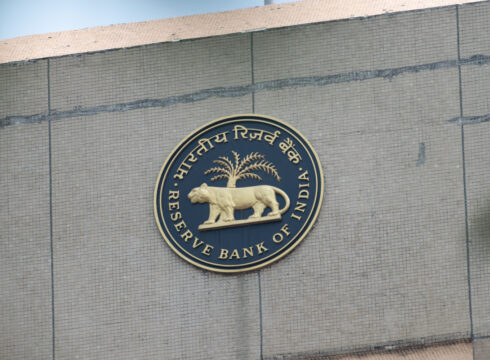While Juspay and Decentro are in the fintech business, Zoho is an enterprise-tech platform that offers software-as-a-service (SaaS) solutions
With this, the companies joined Nium, Stripe, Zomato, Tata Payments, Razorpay, among others in the row to have received the licence recently
To boost the digital payments infrastructure, RBI has also extended its Payments Infrastructure Development Fund (PIDF) scheme till December 2025
Inc42 Daily Brief
Stay Ahead With Daily News & Analysis on India’s Tech & Startup Economy
Even as the Reserve Bank of India (RBI) continues to tighten its noose on the country’s fintech space, fintech companies are getting regulatory approval to operate as payment aggregators.
The latest to join the growing list of startups who have secured final payment aggregator license nod from the central bank are the SaaS unicorn Zoho and fintech companies Juspay and Decentro.
They will join the likes of Zomato, Razorpay, Cahfree, Nium, Stripe, Tata Payments and PayU among others in the league.
While Juspay and Decentro are in the fintech business, Zoho is an enterprise-tech platform that offers software-as-a-service solutions.
SoftBank-backed Juspay was founded by Vimal Kumar and Ramanathan RV in 2012. It is a full-stack digital payments SaaS platform which caters to several leading companies in various sectors such as BFSI, ecommerce, travel, fintech and airlines among others.
The development comes a day after the company announced acquisition of banks-focussed software provider LotusPay to boost its banking services offerings.
Inc42 is awaiting a comment from Juspay on the matter, and the article will be updated based on the response.
Backed by the likes of YCombinator, CRED’s Kunal Shah, Groww’s Lalit Keshre, BharatPe’s Pratekk Agarwaal, Decentro was established in 2020 by Pratik Daudkhane and Rohit Taneja. It is a fintech startup that offers a full-stack API banking solution.
On the other hand, founded in 1996 by Padma Shri awardee Vembu and Tony Thomas, Zoho was initially known as AdventNet INC.
It has offices in the US, Singapore, the UAE, Japan, among others, and offers more than 50 integrated online applications that support multiple business operations, including sales and marketing, finance, email and collaboration, analytics, among others.
Last year, the startup achieved the feat of surpassing 100 Mn users across its various business applications, making it the first bootstrapped SaaS company to achieve this landmark. The company currently serves over 700K businesses across 150 countries. Zoho competes against the likes of Freshworks, Salesforce, among others.
As per the list published by the RBI on the status of the applications, the central bank is still processing the applications of companies namely Freecharge, PayU and LivQuik, among others.
This approval comes at a time when the RBI has tightened its checks on the fintech business owing to the rising cases of regulatory and compliance issues.
Recently the central bank barred fintech major Paytm from operating its banking vertical and accepting deposits in the users’ account and wallets after February 29.
However, to boost the digital payments infrastructure, RBI has also extended its Payments Infrastructure Development Fund (PIDF) scheme till December 2025. The scheme is aimed at deployment of more digital payment infrastructure, such as point of sale (PoS) terminals and QR codes, across tier III to VI centres, and across the North East, and Jammu and Kashmir.
According to Inc42’s State Of Indian Fintech Report, the digital payments sector is estimated to reach $253 Bn+ market size by 2030 exhibiting 5% CAGR.
Note: We at Inc42 take our ethics very seriously. More information about it can be found here.


